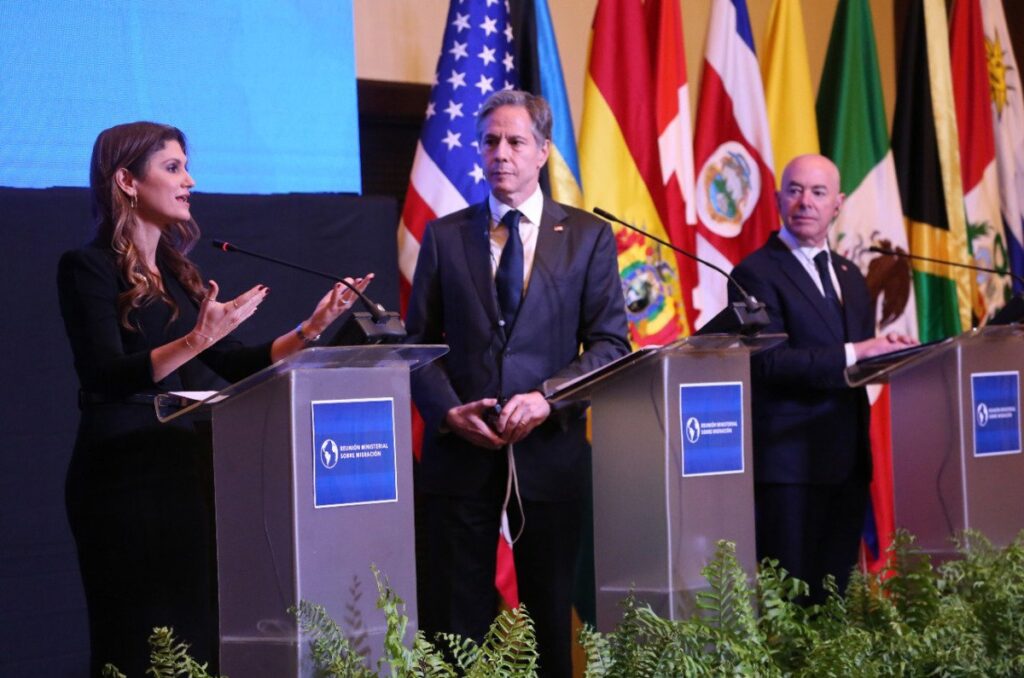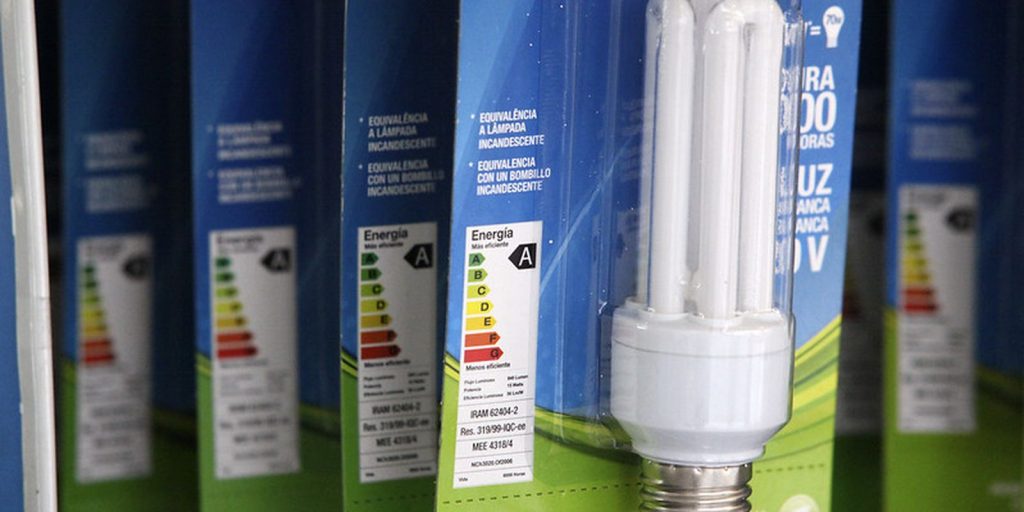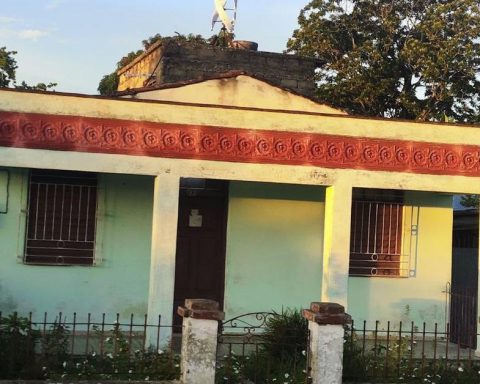The National Government presented the strategy to seek solutions in the short and long term to the current situation of the Fuel Price Stabilization Fund (FEPC), which, due to the situation of rising international oil prices and exchange rate levels, is accumulating high deficits.
(See: The step by step that will be followed in the country to carry out or not ‘fracking’).
The announcement, made by the Ministers of Finance and Public Credit, José Manuel Restrepo, and of Mines and Energy, Diego Mesa Puyo, contains solutions that commit this Government before its administration ends and a roadmap to avoid accumulations of deficits in the following governments.
“Our commitment is to pay the deficit that has been accumulating and present substantive solutions that allow us to close future spreads. For this we are using all the mechanisms at our disposal, including possible budget and debt service surpluses, surplus dividends from the Ecopetrol group for the year 2021 and appropriations from the 2023 General Budget of the Nation.”, indicated Restrepo.
(See: How much it would cost the world to do without Russian hydrocarbons).
For his part, Mesa explained that “Having increased the price, especially of diesel, would have had a direct channel of greater inflationary pressure for the price of food, mainly affecting lower-income households. Part of what we’re doing is trying to protect the income of the most vulnerable segments of the population. Inflationary pressure is a global phenomenon and all countries are looking at how they can use public policy tools to protect the population from these pressures”.
As for the measures to future, that seek to prevent deficits from continuing to be generated and close the gaps between international and local prices, A draft decree will be drafted with a new price-setting methodology proposal and a price convergence path, which will be agreed upon with the incoming government.
(See: The country prepares another oil round).
All this roadmap will be presented at the Medium Term Fiscal Framework 2022, which will include a range of structural reform alternatives to the mechanism of stabilization, that guarantee that it is zero average in the medium term, as well as adjustments to the institutional framework and the parametric formula.
BRIEFCASE


















